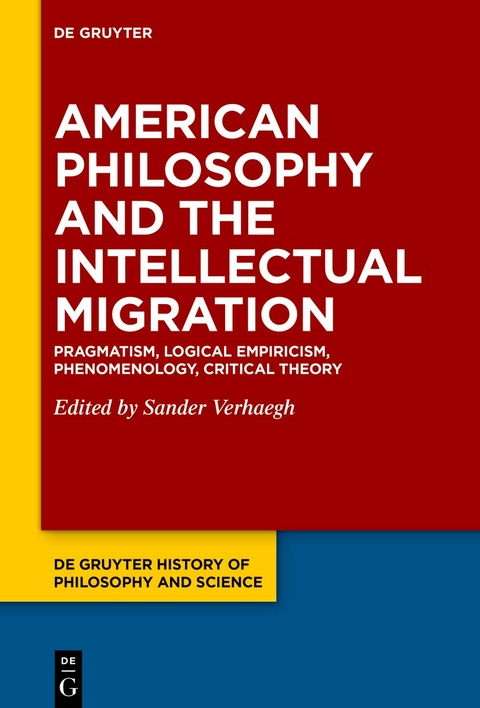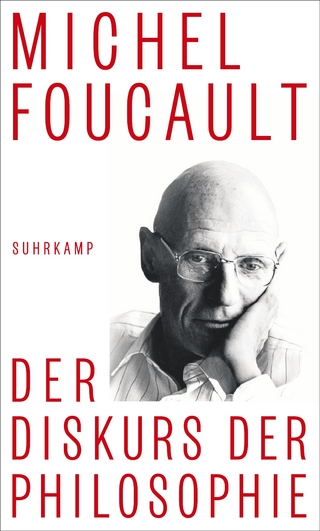
American Philosophy and the Intellectual Migration
De Gruyter (Verlag)
978-3-11-133498-1 (ISBN)
- Lieferbar (Termin unbekannt)
- Versandkostenfrei innerhalb Deutschlands
- Auch auf Rechnung
- Verfügbarkeit in der Filiale vor Ort prüfen
- Artikel merken
How did immigrant scholars such as Rudolf Carnap, Max Horkheimer, and Alfred Schütz influence the development of American philosophy? Why was the U.S. community more receptive to logical empiricism than to critical theory or phenomenology? This volume brings together fifteen historians of philosophy to explore the impact of the intellectual migration.
In the 1930s, the rise of fascism forced dozens of philosophers to flee to the United States. Prominent logical empiricists acquired positions at prestigious U.S. universities. Critical theorists moved their Frankfurt School to Columbia University. And a group of phenomenologists taught at the New School for Social Research. Though many refugee scholars acquired some American following, logical empiricism had the biggest impact on academic philosophy. The exiled empiricists helped the country turn into a bastion of 'analytic philosophy' after the war. Phenomenology and critical theory became prominent schools from the 1970s onwards and continue to be influential in American philosophy today.
This is the first book to investigate to the migration from an integrated perspective, bringing together historians of American philosophy, logical empiricism, phenomenology, and critical theory.
Sander Verhaegh, Tilburg University, The Netherlands.
"American Philosophy and the Intellectual Migration explores the complex history of the migration of philosophers, exiled from the continent due to fascism, Nazism, and the war, to the United States. It covers the condition of American philosophy before the war, the difficult situation of the 'intellectual migration', and the impact it had on the history of post-war philosophy. Concerning the state of American philosophy before the impact of migration, there are chapters on Pragmatism and Naturalism, the state of American philosophy of science, and the pre-war reception of Phenomenology. These are followed by detailed accounts of the migration of phenomenologists, logical empiricists, critical theorists, and political theorists. Overall, this excellent book makes a highly significant and original contribution to the study of the 'intellectual migration' and its effect on American philosophy." - Andreas Vrahimis, University of Cyprus
| Erscheinungsdatum | 21.12.2024 |
|---|---|
| Reihe/Serie | De Gruyter History of Philosophy and Science ; 1 |
| Zusatzinfo | 1 b/w tbl. |
| Verlagsort | Berlin/Boston |
| Sprache | englisch |
| Maße | 155 x 230 mm |
| Themenwelt | Geisteswissenschaften ► Philosophie ► Philosophie der Neuzeit |
| Schlagworte | Critical theory • Frankfurter Schule • Frankfurt School • Kritische Theorie • logical empiricism • Logischer Empirismus • Phänomenologie • Phenomenology |
| ISBN-10 | 3-11-133498-8 / 3111334988 |
| ISBN-13 | 978-3-11-133498-1 / 9783111334981 |
| Zustand | Neuware |
| Informationen gemäß Produktsicherheitsverordnung (GPSR) | |
| Haben Sie eine Frage zum Produkt? |
aus dem Bereich


